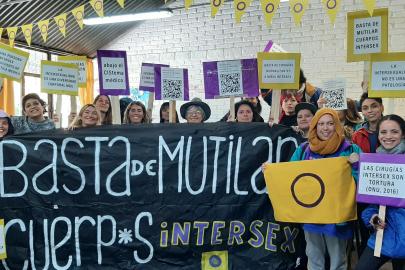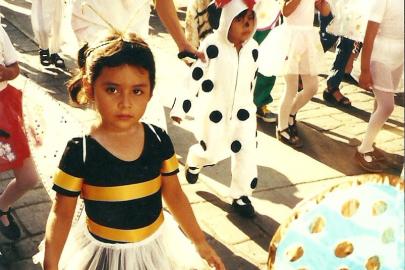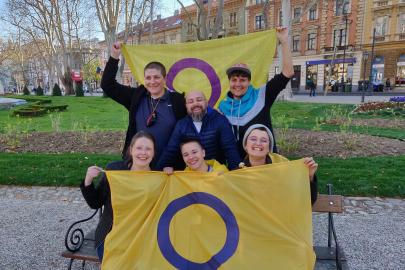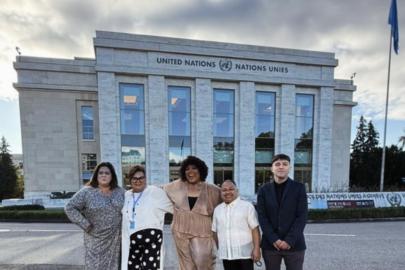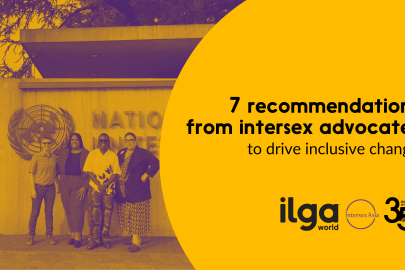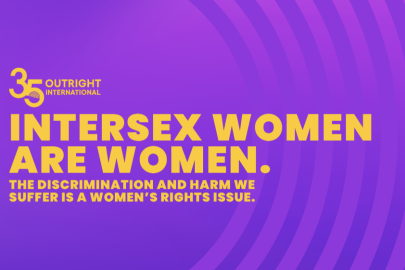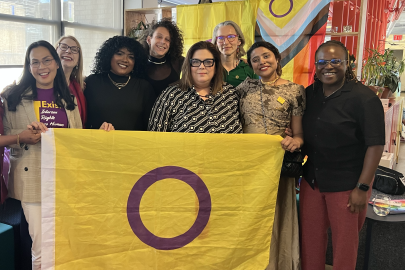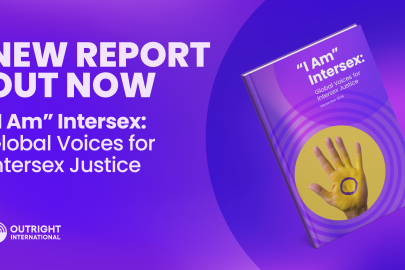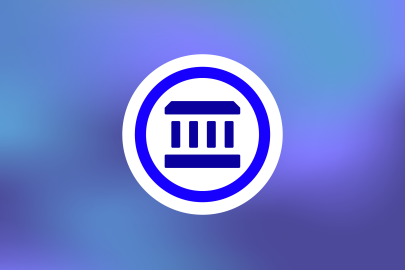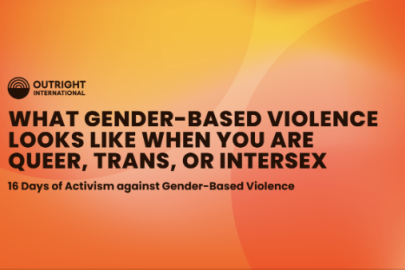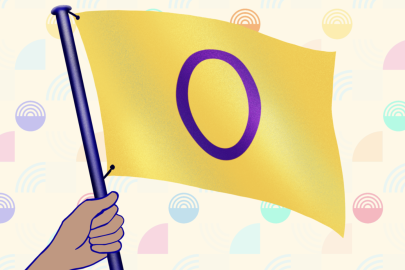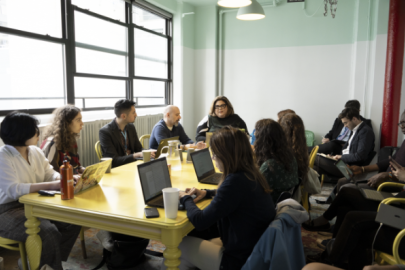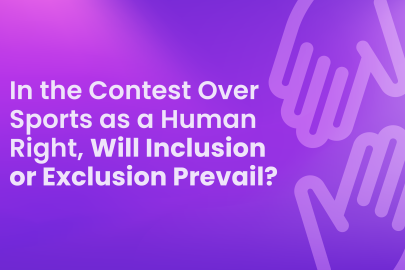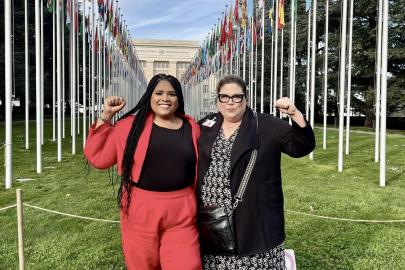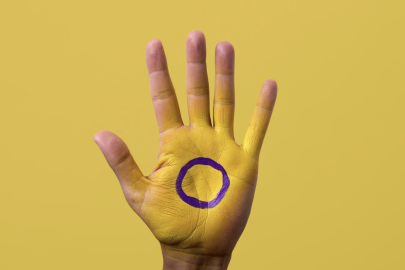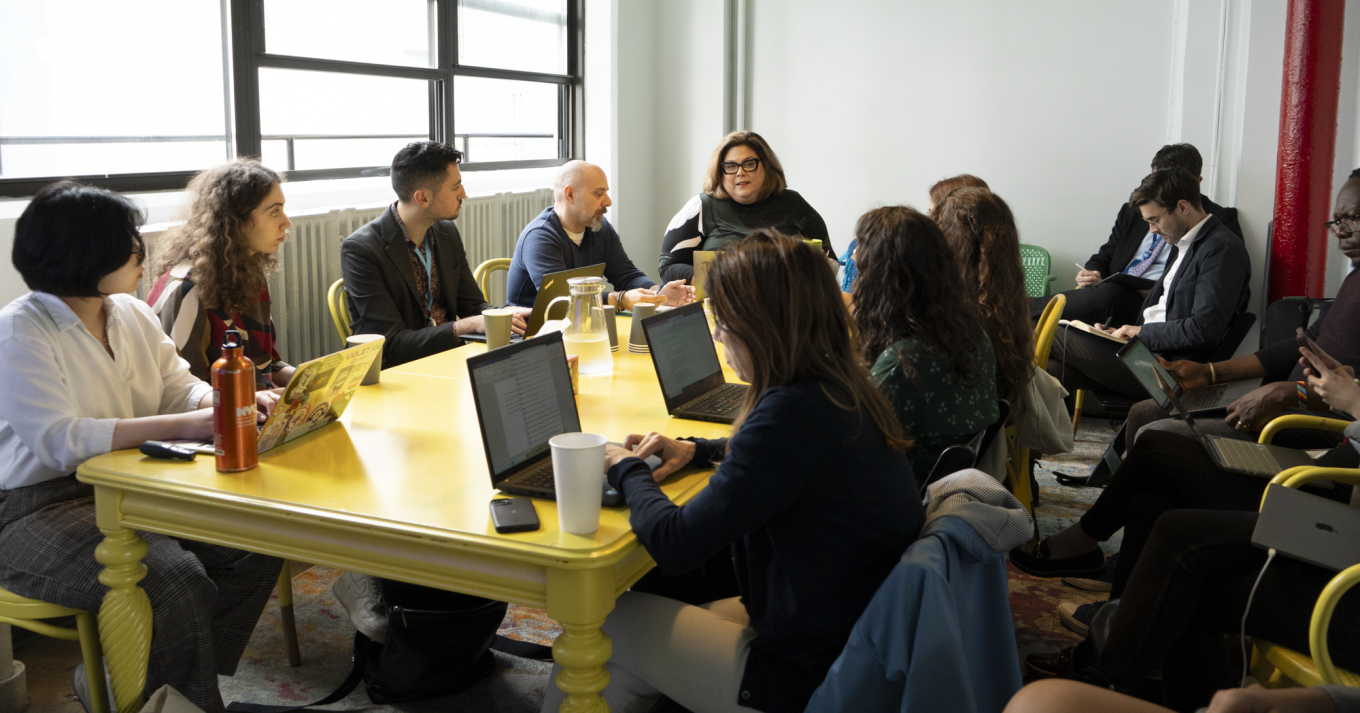
Program Mission
Outright’s Global Intersex Program aims to address the unique and intersecting human rights issues impacting people born with physical sex characteristics that don’t align with typical notions of either a female or male body. Despite many similarities, there are also differences in how discrimination and violence impact intersex people based on different political and cultural environments. We acknowledge and respect that some people with bodies that fit the definition of “intersex” choose not to identify with the term. We further recognize that intersex itself is not a sexual orientation or gender identity and that an intersex person may have any gender identity or sexual orientation.
We believe “the I” belongs in the LGBTIQ movement due to facing similar discrimination and violence based on others’ fear of difference. We also acknowledge the importance of intentional and meaningful inclusion, deferring to the lived realities and experiences of people born with variations of sex anatomy.
As of 2025, only nine countries restrict medically unnecessary surgeries on intersex minors across all jurisdictions: Chile, Colombia, Costa Rica, Germany, Greece, Iceland, Kenya, Malta, and Spain.

Outright’s “I AM Intersex” Campaign
From October 21 through November 8, the beginning of Intersex Awareness Week through Intersex Day of Solidarity, Outright will uplift the voices and experiences of several outspoken intersex change-makers from Africa, Asia, Eastern Europe, and Latin America.
This global, multimedia initiative amplifies intersex voices through social media infographics, guest blog articles, and a briefing paper on intersex movement policy priorities. The initiative aims to educate and spread awareness about intersex movement building, human rights violations against intersex people, and the importance of intentional inclusion.
My Journey: Founding Intersex Thailand, Forging a Path for Intersex Rights
Intersex Rights •
Thailand |
The Global Movement for Intersex Rights
In recognition of Intersex Awareness Day 2024, Outright International collaborated with the Global LGBTQI+ Human Rights Program at Harvard's Carr Center for Human Rights to host a webinar. Outright Senior Advisor for Global Intersex Rights Kimberly Zieselman moderated the panel, featuring three other intersex activists who discussed their personal stories and the priorities and challenges of the efforts they're involved with in their diverse regions.
Acknowledging Achievements and Challenges for Intersex Rights
Join Matuba Mahlatjie, Outright International’s Communications and Media Relations Manager, in a special video episode of our Outright Proud Podcast, interviewing Kimberly Zieselman, Senior Advisor for Global Intersex Rights. In this episode marking Intersex Day of Remembrance 2024, they reflect on the progress made in intersex rights over the past year. From legislative victories to increased global awareness, you will hear the stories and insights that trace the journey toward equality and recognition for intersex people.
Key Issues
Across the world, intersex infants and young children are at risk of irreversible harm due to nonconsensual and medically unnecessary interventions, including surgeries, some of which can be described as “intersex genital mutilation” (IGM). Protecting the bodily autonomy of intersex children and preventing irreversible physical and emotional harm by ending harmful medical practices is one of intersex communities’ top priorities.
In some parts of the world, children born with visible intersex traits at birth (such as genital differences) are at risk of abandonment by family members or even infanticide. Misconceptions about the birth of an intersex child being a curse or a bad omen in some cultures also cause some birth mothers to be abandoned by their husbands, extended families, and communities. Raising awareness and supporting parents and families in the acceptance and furtherance of the well-being of intersex children is a significant goal.
In several countries, intersex children face bullying and violence at the hands of both students and teachers, causing them to drop out and not receive adequate education.
Every single country in the world lacks comprehensive, competent, and intersex-affirming medical care. In some places, the lack of available diagnostic services and/or medications puts an intersex person’s life and well-being at grave risk.
In some countries, when an intersex child is born and not easily labeled as either a female or male, the authorities refuse to legally register them, thereby excluding them from access to essential services such as health care and education. They struggle to exist in a society that refuses to acknowledge them.
Some intersex people do not identify with the sex they were assigned at birth. Much like transgender people, they face barriers in obtaining gender-affirming identity documents. This causes barriers to education, employment, and access to services while putting them at greater risk for other forms of violence and discrimination.
Latest News and Commentary
Trump administration policies will create worse health care for intersex people like me
Intersex Rights •
Global |
Intersex Women are Women. The Discrimination and Harm We Suffer is a Women’s Rights Issue.
Intersex Rights •
Global |
What Gender-Based Violence Looks Like When You Are Queer, Trans, or Intersex
Intersex Rights •
Global |
In the Contest Over Sports as a Human Right, Will Inclusion or Exclusion Prevail?
Human Rights •
Global |
Reflections on Advocating for the First-Ever United Nations Intersex Human Rights Resolution
Intersex Rights •
Global |
Contact Us
For information on our Global Intersex Program, please contact our Senior Advisor of the Global Intersex Rights Program, Kimberly Zieselman.
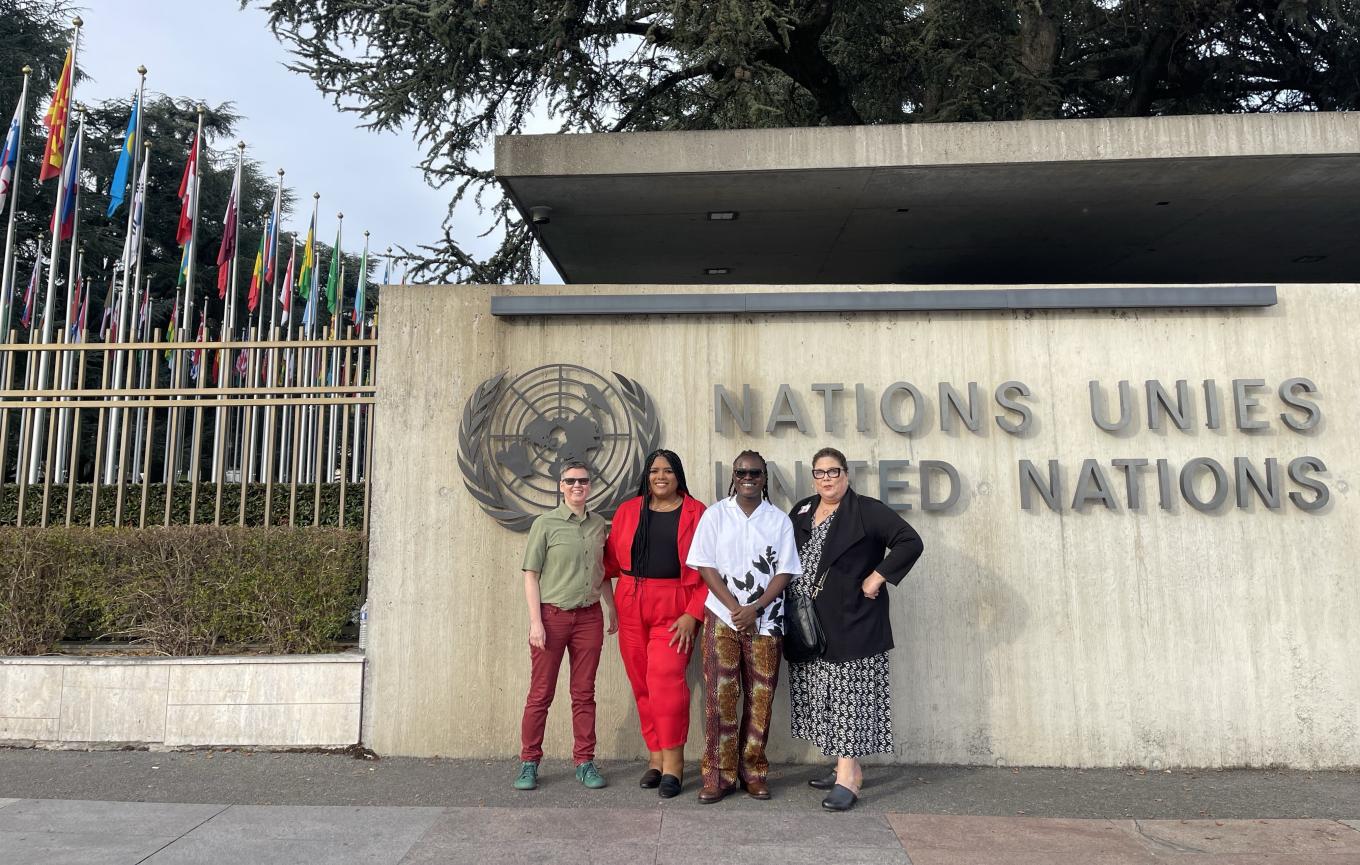
Support Our Work
We amplify a global cause, advocate and carry the voices of activists. Take part in the growing global movement and celebrate LGBTIQ lives everywhere.
Get Involved